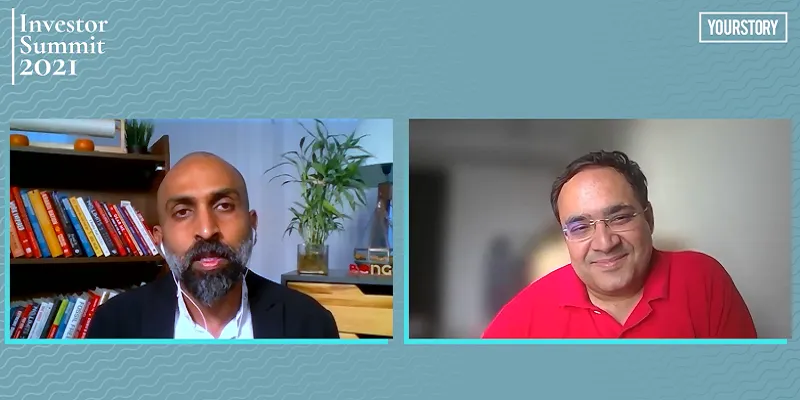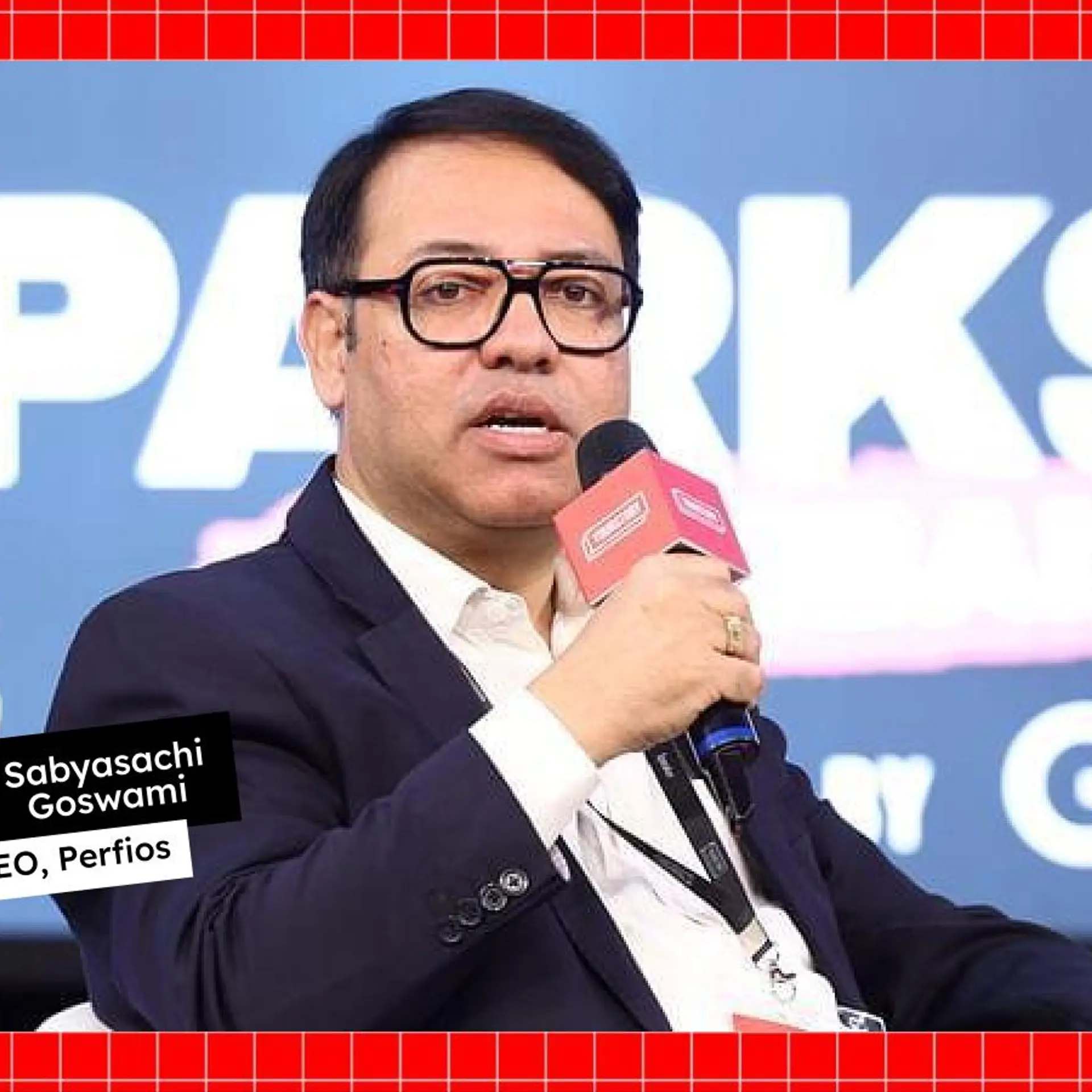[Investor Summit 2021] Capture value before thinking about an exit, says Pankaj Makkar, MD, BII
Speaking at YourStory Media’s Investor Summit 2021, Pankaj Makkar, Managing Director of Bertelsmann India Investments, talks about why entrepreneurs must think about the right to win and create profit instead of just thinking about the right to exist.
The way India leapfrogged to the forefront of the global startup ecosystem has been phenomenal. The country produced 30+ unicorns between 2010 and 2020.
Heading into 2021, research firms and industry experts had predicted that India would see a significant increase in the number of unicorns. At least 12 more startups are expected to join the unicorn club in 2021, of which three are already on the charts — Digit Insurance, Innovaccer, and Five Star Business.
However, despite building a great product and achieving product-market fit, the road is still long for India’s unicorns when it comes to exits — whether IPO or strategic.
This year, the ecosystem is expecting unicorn IPOs from the likes of Nykaa, Zomato, Delhivery, and PolicyBazaar, among others.
The government is keen on giving IPO opportunities to India-incorporated companies outside of the country, but the regulation is still in the draft stage.
“I think once that regulation is properly executed, it will definitely create a very interesting market for companies, which traditionally would not appeal to the Indian public market,” said Pankaj Makkar, Managing Director of Bertelsmann India Investments, while speaking at YourStory Media’s Investor Summit 2021.
According to him, if the government can approve the draft regulation on IPO, it will open the doors for capital, which was earlier not available to entrepreneurs or investors to exit.
In conversation with Vishal Krishna, Business Editor, YourStory, Pankaj spoke about why India was witnessing a rise in the number of unicorns, the existing bottlenecks in the ecosystem for exit opportunities, and the right way to approach an exit.
Factors fuelling the rise of unicorns
Large market: Large outcomes require large markets. That's why we see a spurt of unicorns in high population markets like India, China, Brazil, and the US.
“That, perhaps, may not be very true for smaller countries, or you need to build an aggregate business across multiple countries to deliver a large unicorn — when you think about Europe and so on,” Pankaj said.
Talent: India always had an enormous capability and talent pool, especially on the back of the industries that were built in the 1990s and the early 2000s. With the economy opening up, many people gravitated towards starting companies, and that's when we realised that capital was the biggest enabler.
“So, a lot of us came in and left their Valley jobs to build funds, set up shop, and start backing entrepreneurs trying to disrupt large or potentially large markets, and deliver with large outcomes,” Pankaj said.
Regulations: Regulations have a big role to play, not only in helping build businesses (unicorns), but also letting them soar on their own without too much disruption.
“So, with the combination of all of these factors, we see some amazing entrepreneurial activity happening in India — very similar to what we see in China or in the US,” he added.

Eye exit opportunities in the right way
According to Pankaj, if founders succeed in building a great product, it gives them the right to exist in the market, but not the right to win.
“You see a large market, you put together a great product, you create distribution channels, you sell that — all that gives you the right to exist; it does not give you the right to win,” he said.
He emphasised that founders should ask themselves if they had built enough entry barriers for giants like Jio, Google, and Amazon to realise that it would be worth acquiring their business rather than making a copy. .
“As an entrepreneur, you have done a great job in creating a product-market fit and even succeeded in becoming a unicorn. But now, when you're starting to think about exit — whether it's a strategic exit or IPO — do you think that you should be given what you want to value? And that fundamentally comes with the right to win,” he added.
So, how do you get the right to win?
According to Pankaj, there are two kinds of businesses. One, which has network effects and fair barriers to entry. Others are where founders need to reach the right economies of scale. They must take out massive amount of profits before going for an IPO or a strategic exit.
“In India, you do need to show a track record of profit before you IPO. It's not compulsory, as per law, but the Indian public market does not like loss-making companies. And for all the right reasons, you are running the business at the end of the day to make money,” he added.
In crux, he advised entrepreneurs to first capture value before building great products in large markets, and before thinking about an exit. Instead of just thinking about the right to exist, entrepreneurs must think about the right to win, and the right to create profit — which Google, Microsoft and a lot of other tech companies are doing in an amazing way.
“That's why they're so profitable. And, I think, that is something we need to kind of now move towards as the second generation of VCs in the startup ecosystem. We need to move there and capture that value for ourselves,” he added.

Edited by Kanishk Singh


![[Investor Summit 2021] Capture value before thinking about an exit, says Pankaj Makkar, MD, BII](https://images.yourstory.com/cs/2/77e43870d62911eaa8e9879653a67226/pankaj-investor-summit-1617239632401.PNG?mode=crop&crop=faces&ar=2%3A1&format=auto&w=1920&q=75)





